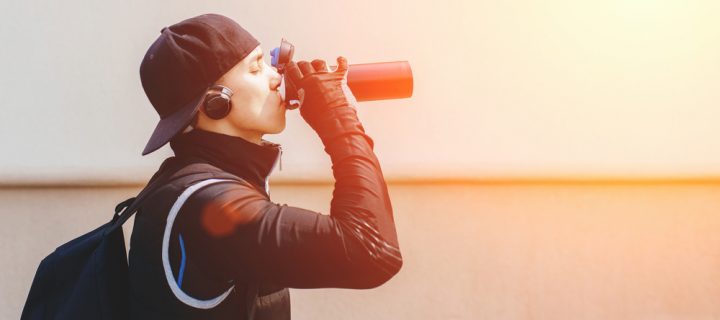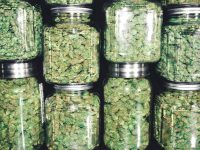Teens who have had a reported traumatic brain injury (TBI) over the past year are seven times more likely to have consumed at least five energy drinks in the past week than teens with no history of TBI, according to a new study.
Published Wednesday in the journal PLOS ONE, teens who reported sustaining a TBI in the last year were also twice as likely to have consumed energy drinks mixed with alcohol, compared to teens reporting a TBI over a year ago.
Until now, energy drinks have never been associated with brain injuries, with most concerns surrounding the nutritional value, or the high sugar/caffeine content.
In fact, it could be the caffeine that’s playing a significant role; energy drinks that are laden with caffeine could potentially interfere with the recovery of teens with TBI.
“Brain injuries among adolescents are particularly concerning because their brains are still developing,” said Dr. Michael Cusimano, a neurosurgeon from Toronto’s St. Michael’s Hospital and co-author of the study.
Dr. Robert Mann, a senior scientist from the Centre for Addiction and Mental Health, is alarmed by the study’s findings.
“It is particularly concerning to see that teens who report a recent TBI are also twice as likely to report consuming energy drinks mixed with alcohol,” Mann said in the statement. “While we cannot say this link is causal, it’s a behaviour that could cause further injury and so we should be looking at this relationship closely in future research.”
The Canadian Beverage Association has already responded to the study, noting it does not show a causal link between energy drinks and adverse health outcomes.
“Energy drinks are non-alcoholic beverages which, in Canada, contain approximately half the caffeine of an equivalent-sized cup of drip coffee,” they said.
The data from the study came from the 2013 Ontario Student Drug Use and Health Survey from the Centre for Addiction and Mental Health. More than 10,000 Ontario students between the ages of 11 to 20 participated in the self-administered survey.
Photo credit: Chubarov Mikhail/Shutterstock












